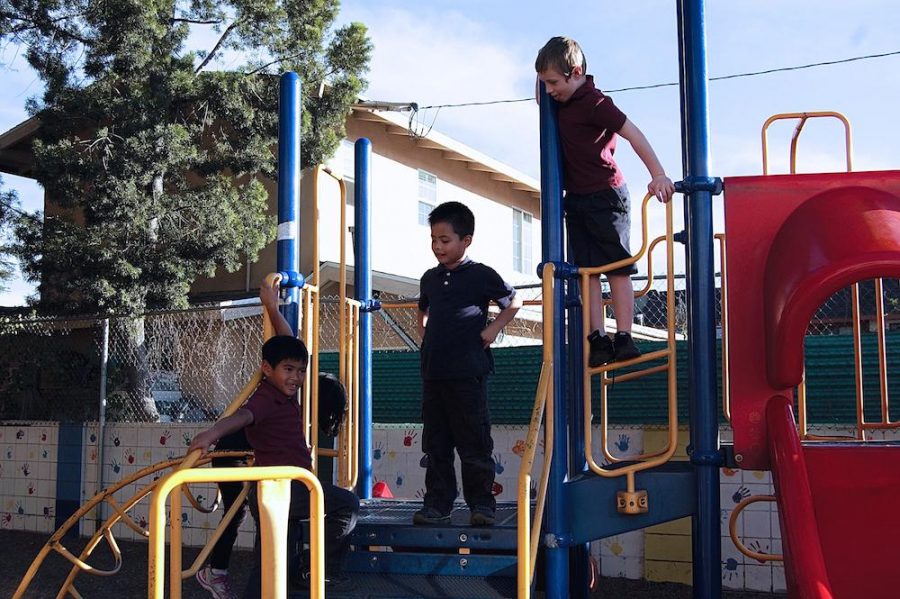(May 24, 2011) — At five in the morning, most students have been sleeping for hours. For senior Abu Saleh Imtiyaj, however, the night has been spent doing work. He and many others with similar workloads devote the majority — or even entirety — of their free time to accomplishing a long list of homework assignments, projects and essays. “I don’t usually have to get up in the morning, because I’m always up all night,” said Imtiyaj. While according to Time Magazine, the average time spent doing homework per night in high school is a little over an hour and a half, some students — those loading up on AP classes, volunteer hours, SAT practice and just ordinary homework — end up with many more. Many students who take difficult workloads are aware of the possible consequences of late nights and stressful work. Often they are willing to sacrifice their social lives in order to take as rigorous a workload as they possibly can. Some teachers believe that some students overburden themselves at the expense of their grades. “We advise them that to be more successful in classes they have to be reasonable,” said counselor Karine Turdjian. “Academic grades matter as well.” As the school years go by, most students find their classes and workload get harder, and on top of that, they tend to take even more difficult classes. Imtiyaj said, “If I could start over I would settle for only four AP classes.” Many find that by senior year, the sheer amount of responsibilities they have can overwhelm them. With college applications and last minute SAT practice, as soon as students finish one assignment, they need to start on another. Imtiyaj said, “I underestimated senior projects and college applications and SAT’s.” The problem of overworking is not merely reserved to seniors, however. Ambitious juniors, sophomores and even freshmen often find that they commit themselves to so many responsibilities that they have little or no free time. This massive amount of work can even be harmful to students’ health. Some are forced by the schedules they set for themselves to skip meals and get almost no sleep. Many teachers find that students overworking themselves may become overstressed and face exhaustion from too many late nights studying. “If they do not earn really good grades, they stress out and they start missing classes,” said Turdjian. Some, like sophomore Christina Davidian, try to avoid the problem. They manage to take a reasonable workload and organize their time well, leading to fewer late nights and more free time with friends. “I set it as a challenge and if I know I can handle it I take as much as I can but not more,” Davidian said.
Categories:
Hitting the books
May 24, 2011
More to Discover








